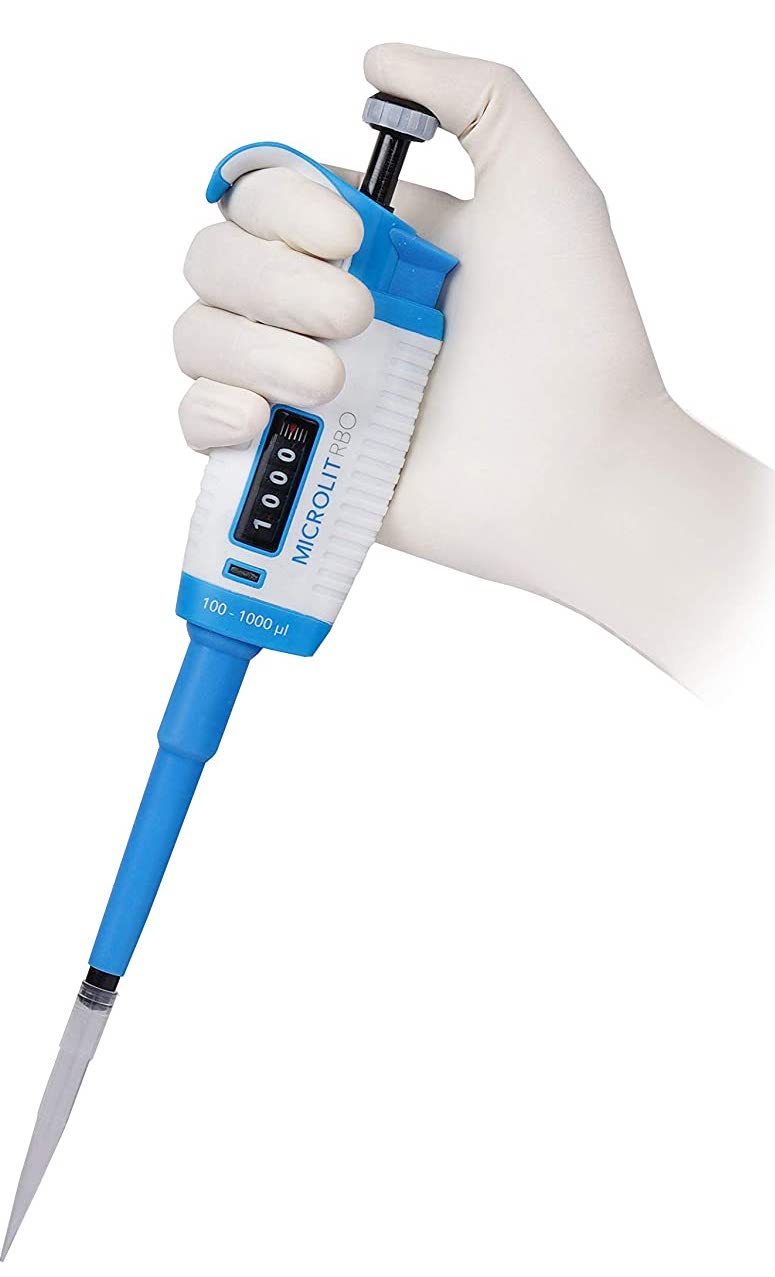The Top Benefits of Using Electronic Pipette
Looking at a typical lab environment, pipette without a doubt is one of the basic lab equipment. Lab technicians and researchers spend an enormous amount of time pipetting samples for their experiments, which causes a heavy load for the hand and finger muscles. But now, we have electronic pipettes that enhance the pipetting.
When electronic pipette was introduced, it defined
improvement in pipetting technology. It revolutionized the handling and
measurement of reagents and samples in modern laboratories offering numerous
benefits.
Let us have a look at the major benefits offered by
electronic pipettes.
Saves Time
One of the primary benefits of the electronic pipette is that
it helps increase productivity. Scientists and researchers do not have much
time to spend in the lab, and any improvement that can reduce the time spent
pipetting is beneficial. As they can spend that time on other important tasks.
Furthermore, certain experiment steps require samples to be added to 96
reaction well plates quickly while maintaining accuracy. Doing this with a
manual pipette takes time, thus electronic pipette is of huge benefit to
scientists in these situations.
Accuracy and Precision
An electronic pipette is more accurate and precise as it has
a motor to control piston movement, thus, enabling you to always dispense exact
volume as required as it is programmed. Pipetting experiments that require particular
volumes and speeds can be easily pre-programmed and saved so that they are performed
in the same way each time. The digital display shows the exact volume and
speed. In addition to this, reproducibility is also better as everyone uses the
same pipetting program, minimizing chances of errors and preventing users to
user variability.
Improved Ergonomics
Prolonged periods of pipetting can be painful for the lab
technicians and may even lead to repetitive strain injury (RSI). With an
electronic pipette by your side, you do not have to twist knobs to adjust the volume
of the pipette or push down the plunger. The piston in the electronic pipette
is moved by a push of a button. Switching from manual pipetting to electronic
is a great relief as your hands do not hurt after you have finished up the work
and lowers the risk of RSI.
Various Features
Electronic pipettes have various features that also help to
greatly increase efficiency. Most electronic pipettes are available in both
single and multichannel formats and have multiple pipetting modes like
pipetting, reverse pipetting, mixing, diluting, and multi-dispensing allowing
the users to save their frequently used programs for easy and quick selection
for the experiments.
Straightforward Calibration
Calibrating an electronic pipette is straightforward and
fast. You just have to validate the pipette’s performance. For instance,
gravimetrically calibration, enter the actual dispensed volume versus the
target dispense volume and relax as the pipette will calibrate itself.
Also, one electronic pipette can replace two manual pipettes,
as it delivers accurate, precise, and reproducible control of much shorter
stroke distances, enabling pipetting over a wider volume range at better
specifications.
Simplify Complex Pipetting
An electronic pipette minimizes human errors as one can pre-set programs depending on your needs. You can input basic parameters like the dispense volume or the number of times to be dispensed. Many electronic pipettes also allow users to define step-based custom programs, tailoring their experiments from start to finish.
These are the few benefits you get by using an electronic pipette. If you want to learn more about electronic pipette, or want assistance in choosing the ideal pipette for your laboratory, get in touch with experts at Microlit today.





Comments
Post a Comment